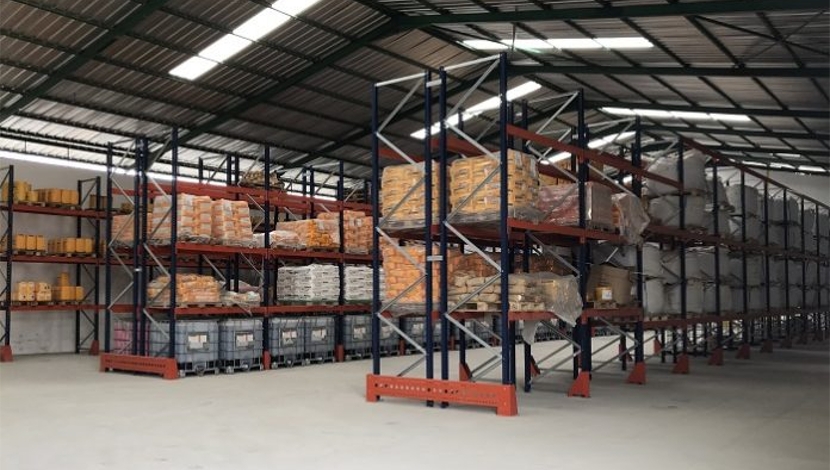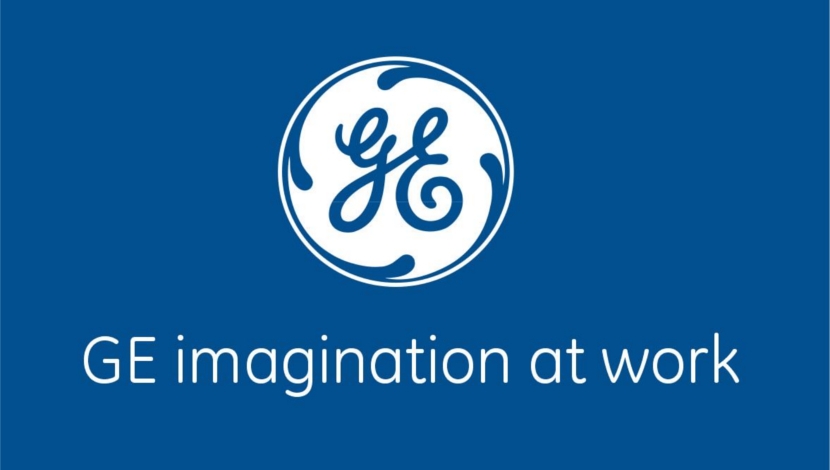
Giant cement manufacturer, Athi River Mining (ARM) Cement Limited is set to put up a $400 million (Sh34.40 billion) cement plant in Kitui County.
Managing Director Pradeep Paunrana said they have received support from the Kitui county government under Governor Julius Malombe.
“We are optimistic that in the next few months, we will move on site for the ground breaking to pave the way for construction to begin,’’ he said, adding that the Kitui plant would take three to four years to construct.
Paunrana said once completed it would double ARM’s capacity and offer employment to many Kenyans. It is expected that the total cement and clinker produced by ARM plants in Kenya and Tanzania after the Kitui plant is completed will rise to 5 million tonnes per year from 2.5 million currently.
“We have informed investors and shareholders that we want to double our capacity from 2.5 million tonnes to 5 million tonnes per year,’’ Paunrana said.
He said the location of the new cement plant in Kitui will be close to the main market in Nairobi.
“We at ARM have been undertaking careful expansion drives in both Kenya and Tanzania in a bid to meet the growing demand for cement owing to rapid infrastructure development,’’ he added. He said the expansion drive is part of their five-year strategic plan, which was mooted in 2010.
Paunrana said the ARM expansion initiative is to ensure that the company meets growing demand of cement in East Africa. The East African region imports close to 50 percent of its cement in the form of clinker and finished cement products.
Paunrana added that the region has 12 cement manufacturing plants. In Tanzania, apart from the Dar es Salaam plant, ARM has a clinker plant in Tanga, which is nearing completion and will have a 5,000-tonne capacity once it is completed by June this year.
“By the end of 2015 and with all our plants operational, ARM will be the largest cement and clinker manufacturer in the region coming from our own plants in Kenya and Tanzania,’’ he said, adding that with ongoing infrastructure projects, the region needs more cement.
“EAC alone imports nearly 50 percent of all its clinker,’’ he explained.
By Philip Mwakio





